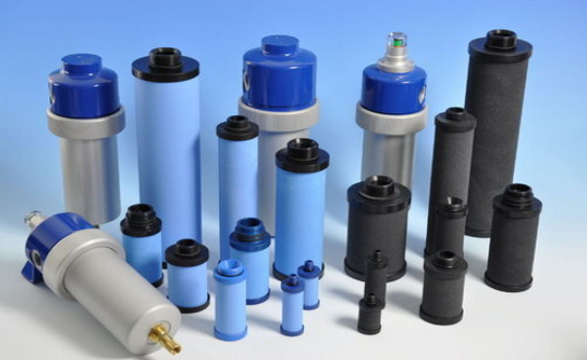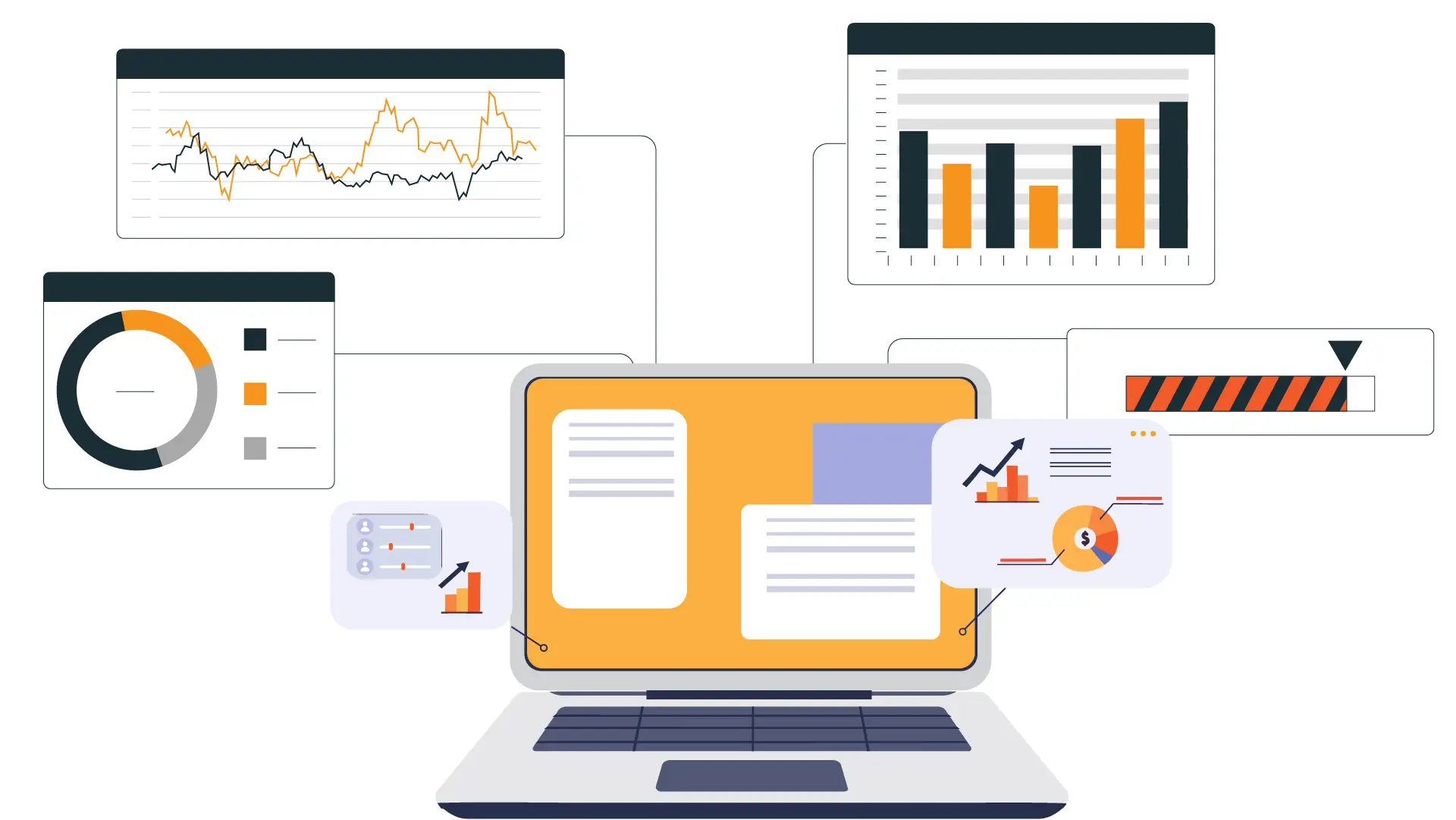This field is considered to be in a state of constant development, mostly due to new technologies arising and the need to improve the manufacturing process quality and durability while reducing costs and environmental impact. Any pneumatic system, large or small, almost invariably includes the FRL unit that has a crucial function in filtering the air, regulating the pressure, and supplying lubricant as and when needed. There are new and improved FRL technologies that are revolutionizing how industrial automation functions as systems improve performance and reliability. To an industrial automation services company, like the one in this case, knowledge of these innovations is crucial for a business that has to thrive in today’s cutting-edge environment. So in this article, let us look at some of the technologies that are being used to transform FRL units within industrial automation.
Advanced Filtration for Clean Air
Of High Efficiency Filtration Systems
Pneumatic system components and equipment are susceptible to damages from contaminants such as dust, oil and excess water in compressed air. Present day FRL assemblies employ high efficiency filtration systems which can filter out particles in micron sizes with ease. Today’s compressed air filter makers are developing unique high-end filters that provide the highest level of filtration without causing excessive pressure loss and therefore wastage of energy
Housing these new filters are more important for industries such as food processing, the production of drugs, and electronics manufacture where clean air is vital in ensuring production of high quality and meeting hygiene standards.
Self-Cleaning Filters
Another important technological advance made in the field of FRL technology is the creation of self cleaning filters. These filters self clean the impurities that collect on a regular basis thus minimising maintenance calls and inabilities that may hinder the process. Self-cleaning filters compare quite well to traditional systems in terms of reliability and less need for manual attention, which makes investment in such systems beneficial for B2B business.
Smarter Pressure Regulation
Pressure Regulators via Internet of Things
Newly, due to the adoption of Industry 4.0 technology, IoT integrated FRL units are available. Modern systems have sensors, which, along with connectivity, offer the possibility of reading and influencing the pressure of air in real time. Such systems can respectively help an industrial automation services company to collect information on pressure or pressure related values, enhance the control performance of the systems, or apply intelligent approaches to efficiently predict maintenance requirements.
Smart pressure regulators with use of IoT technology control the pneumatic systems and improve their performance and energy efficiency. What’s more, by including these smart regulators in automation systems, the companies increase production and service assets’ efficiency and reliability.
Adaptive Pressure Regulation While the calculation of pressures is relatively simple in static structures, adapting pressure for expanding structures is a cat that is much harder to capture.
The next advancement in FRL technology is adaptability of pressure regulation. They tend to regulate air pressure to the needs of the system thus not requiring manual inflations. They find this feature most helpful in applications that have variable loads and call for consistent force applications to be able to maintain production standards.
Lubrication Innovations
Oil-Free FRL Units
Conventional FRL units call for lubricators that inject oil into compressed air as an anti-wear film to minimize contact between sliding surfaces. But there is a growing possibility of oil-free FRL technologies which are far being environmentally friendly and sustainable than the preceding petroleum technologies. These systems use high tech materials and coatings where lubrication is no more required in order to minimize risk of contaminations and ease the maintenance activities.
Manufacturing companies in the healthcare and cleanroom sectors benefit from oil-free FRL units as the industrial compressed air purification rolls on are clean.
Smart Lubrication Systems
Currently FRL units are also fitted with an intelligent lubrication system that constantly feeds oil in an appropriate way and in the amount depending on the system’s necessity. These systems eliminate situations where there is either too much lubrication that causes clogging or too little lubrication that may lead to component failure. These features are being added to compressed air filters by the manufacturers to increase the life and effectiveness of pneumatic systems.
Compact and Modular Designs
Space-Saving FRL Units
Calling attention to their benefits and compactness as industries seek to maximize space in their establishments, compact FRL units are now famous. These units offer the equivalent performance as conventional systems albeit in compact form, thus suitable for restricted installation locations. A compact design of the FRL unit can be mounted directly on the robotic arms, conveyors, or other automation equipment.
Modular Systems for Flexibility
Flexibility is a key component of modular systems to ensure that the system can accommodate any changes if and when they come.
The FRL system in the industrial automation process is another concept that is revolutionized by modular applications. These systems let the businesses modify their FRL units, add components or remove components depending on business requirements. For instance, a company was able to increase the number of components in an FRL unit from two to three without having to change the whole FRL unit. This flexibility makes modular FRLs a cost efficient solution for businesses that require multiple and dynamic functionalities.
Sustainability and Energy Efficiency
Energy Saving Technologies
Due to increased awareness of energy conservation amongst the industries of the present era, FRL manufacturers are not far behind. The new FRL technologies include low pressure drop filters which have low energy consumption, efficient regulators and smart control systems. Because these systems regulate the usage of compressed air it makes them cost effective while preserving the environment.
Recyclable and Eco Friendly Material
Because of the increasing focus on environmental issues, the makers of compressed air filters are now coming up with reusable materials or uses recyclable materials when designing FRL units. These materials also help to save from generation of wastage and the best part is they fit best with sustainability factors for corporate responsibility.
The advances in FRL technologies are on the rise promising to revolutionise industrial automation with additional efficiency, reliability and sustainability. Whether through features such as super fine filtration and IoT pressure regulators or through features of build such as compact designs and eco friendly materials these upgrades are revolutionizing the pneumatic systems.
For an industrial automation services company it is crucial to track these trends in order to offer clients the most advanced solutions on the market. Compressed air, as a utility, is available in most organizations, and through working with the best compressed air filter manufacturers, companies can use these latest FRL technologies to improve organizations processes. With further advancement in the industrial automation industry, many FRL advancements will act as enablers to productivity improvements, cost reduction and enable engineering to attain sustainability goals.



